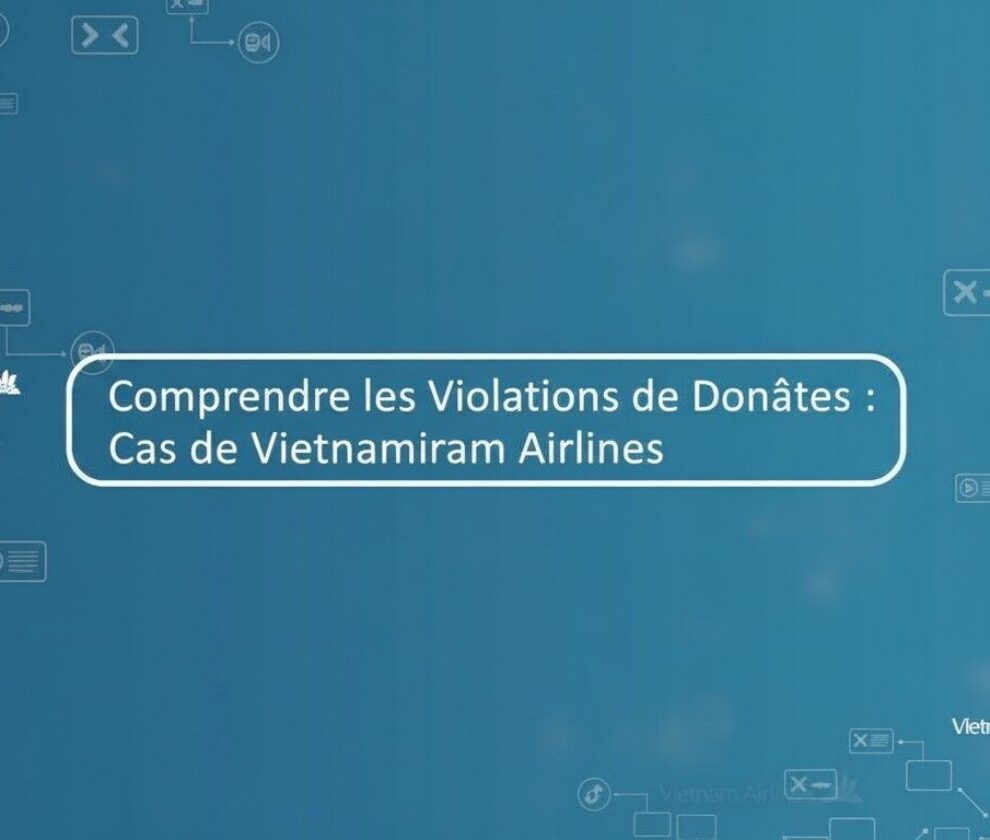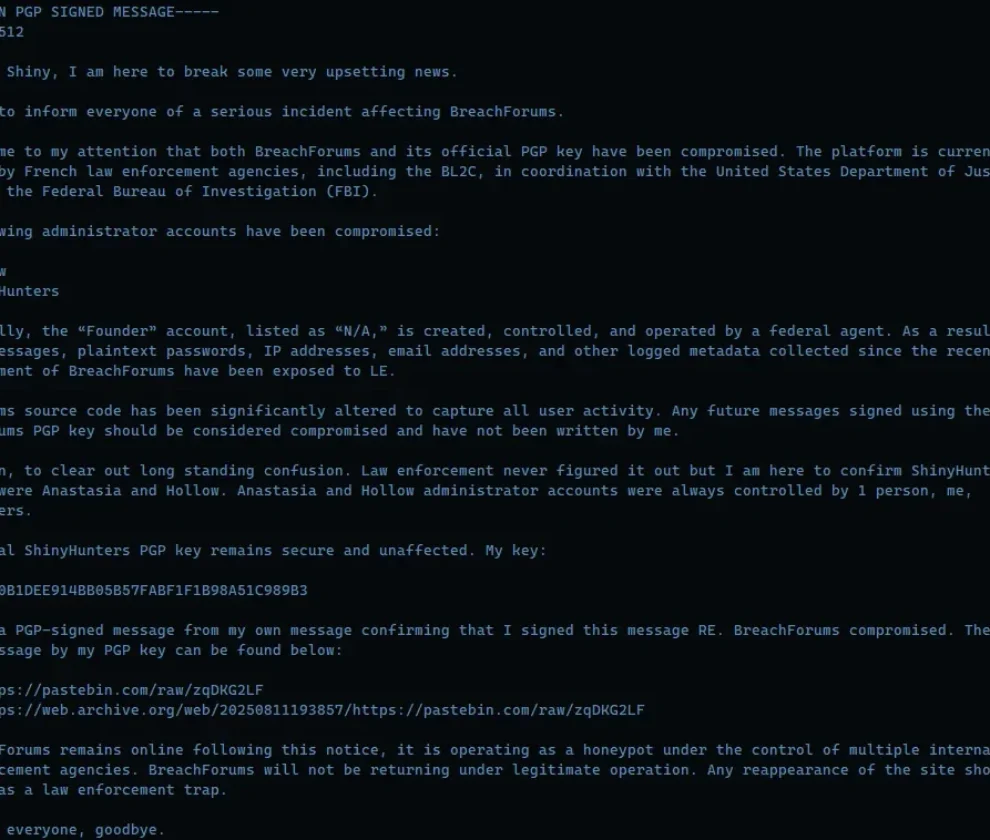Introduction: Advancing Cancer Detection with AI
The fusion of cutting-edge technology and artificial intelligence is transforming medicine, enabling breakthroughs that seemed impossible just a decade ago. Among these advancements, Google’s DeepSomatic stands out as a groundbreaking tool for identifying genetic mutations linked to cancer. Its precision and adaptability mark a paradigm shift in diagnostics, research, and treatment in oncology.
This article explores the revolutionary potential of DeepSomatic, breaking down its functionality, real-world applications, and its promising role in shaping the future of precision medicine.
The Challenge: Identifying Somatic Variants
At the core of cancer lies genetic mutations that disrupt normal cellular functions. These mutations, known as somatic variants, are acquired over a lifetime and are not hereditary. Identifying these anomalies is key to understanding and treating cancer effectively. However, pinpointing these variants is a notoriously difficult task.
Traditional DNA sequencing tools often struggle to distinguish legitimate variants from errors introduced during the sequencing process. DeepSomatic leverages convolutional neural networks to analyze genomic sequences, offering exceptional precision in identifying true mutations. This clarity enables accurate diagnostics and personalized treatment approaches, minimizing the risks posed by incorrect medical data.
How DeepSomatic Works: AI Through Visual Data
DeepSomatic takes an innovative approach by converting raw DNA sequencing data into visual formats, such as images illustrating chromosomal alignment and genetic variation points. These visual representations are processed by specially designed neural networks trained to detect unique patterns associated with cancerous cells.
By comparing tumor and normal cells from biopsies, DeepSomatic effectively differentiates hereditary variants from somatic mutations. Even in challenging scenarios where normal cell samples are unavailable, such as in pediatric leukemia or blood cancers, the tool excels via its “tumor-only” mode, ensuring versatile clinical applications.
Powered by the CASTLE Dataset
DeepSomatic owes much of its success to CASTLE, a meticulously curated dataset created in collaboration with the UC Santa Cruz Genomics Institute and the U.S. National Cancer Institute. This dataset comprises cancer samples from breast and lung tumors, analyzed through three leading sequencing platforms.
By synthesizing data from diverse platforms while addressing inherent errors, CASTLE provides an unparalleled foundation for DeepSomatic. This robust dataset results in performance metrics like a breakthrough F1 score of 90% on Illumina sequencing data, outshining traditional tools in detecting complex mutations, such as insertions and deletions (Indels).
“DeepSomatic achieves unprecedented accuracy, particularly in detecting intricate mutation structures, elevating clinical confidence in its outputs.”
Clinical Applications and Patient Impact
DeepSomatic’s transformative impact is already visible in real-world settings. For example, it excels in identifying driver mutations in glioblastomas or pinpointing genetic anomalies in complex pediatric leukemia cases. This depth of insight facilitates actionable, patient-specific treatments.
Its robustness extends to handling variable sample quality, including historically challenging formats like formalin-fixed paraffin-embedded (FFPE). This adaptability ensures that even older, archived samples or imperfect collections can be analyzed accurately. Furthermore, with its affordable analysis costs, DeepSomatic complements other techniques like whole-exome sequencing (WES), which focuses on just 1% of the gene-coding genome but is cost-efficient.
Pioneering the Future of Precision Medicine
The impact of DeepSomatic transcends conventional diagnostics. Beyond identifying known variants, it uncovers new mutational patterns, paving the way for novel cancer therapies. For instance, in partnership with Children’s Mercy Hospital in Kansas City, DeepSomatic identified not only documented mutations but also ten new genetic anomalies in pediatric leukemia, unlocking fresh avenues for research and treatment.
Google’s commitment to open-sourcing DeepSomatic’s tools and datasets fosters a collaborative research ecosystem. This accessibility accelerates the development of customized therapies, reinforcing the role of AI as an indispensable ally in global healthcare innovation. By democratizing advanced tools like DeepSomatic, the expertise gap in cancer research is further bridged.
Conclusion: DeepSomatic’s Game-Changing Impact
DeepSomatic is more than just a technological marvel—it’s a lifeline for modern medicine. Its precision in detecting somatic variants, adaptability to diverse clinical conditions, and utilization to guide precise treatments underscore its revolutionary role in oncology.
As healthcare strides toward precision medicine, technologies like DeepSomatic promise transformative insights into rare cancers and personalized treatment pathways. By championing these innovations, Google is reshaping the medical landscape, setting the stage for an era where AI becomes a cornerstone of cancer research and care.
At My Own Detective, we believe in embracing groundbreaking tools that anticipate and tackle today’s most pressing challenges. Beyond surveillance and investigative needs, we offer unparalleled insights into how next-generation technologies like DeepSomatic can revolutionize industries. Contact our experts to learn more about leveraging these innovations for your strategic goals.


